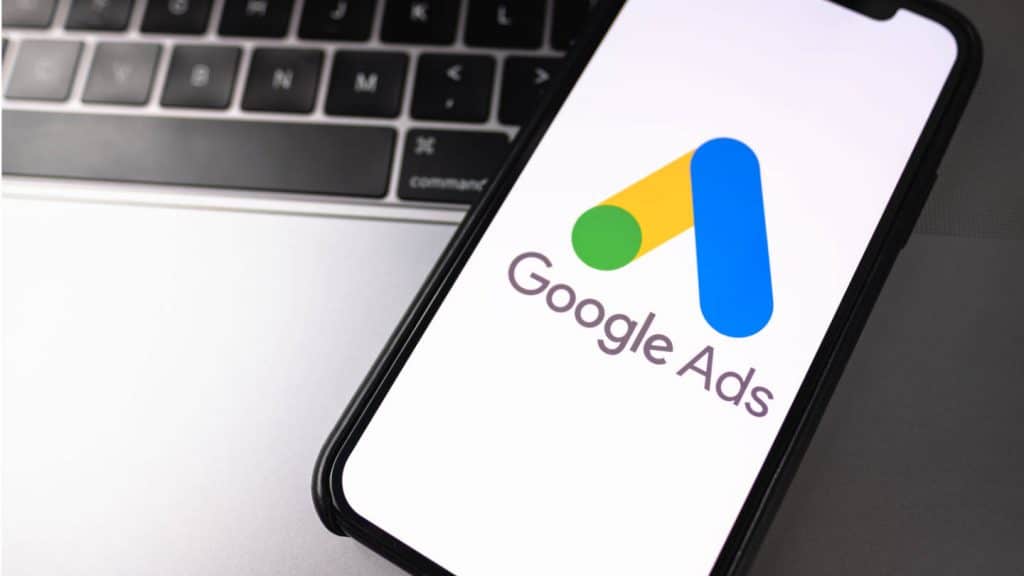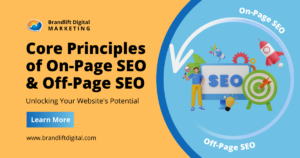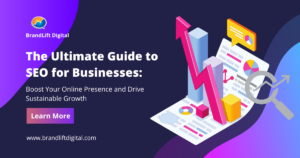Google Ads promotes do it yourself advertising, the quick and easy way to get your business seen by potential customers. This sounds like the perfect solution for business owners and it can certainly be effective, but only if it is used properly. Otherwise, you may just find yourself pouring money into an ad campaign that doesn’t provide any real returns. If you are struggling to produce good results you may find your campaigns being effected by one of the below symptoms. If you need some help feel free to contact us for PPC management services and get at free google ads audit.
Here are 5 of the biggest ways that businesses are currently wasting money on Google Ads.
1. Using PMAX or Smart Campaigns Ineffectively
Google is heavily promoting their new product performance max a.k.a PMAX campaigns. We have thoroughly tested these campaigns and find that they fail to get results and lack the control that most businesses need in targeting their campaigns. PMAX and smart campaigns are promoted as a simple way to generate customer leads.
It seems relatively straightforward: you create an ad for your business, choose your keywords and set a budget and Google does the rest, automatically showing your ad to users on Google Search, Google Maps, YouTube, Gmail and Google partner websites. One case where we are seeing decent results with PMAX is with ecommerce ppc and google shopping ads.
While this does get your ad seen it doesn’t guarantee effective results. Why? Because Google uses its AI to select your audience and it doesn’t know what your business does specifically and what type of clients you are looking for. All of which means that you’re more likely to get irrelevant inquiries rather than getting your ads in front of the most lucrative potential audience.
Smart campaigns can bring decent results, but it does not give the advertiser control of what keywords their ads are being shown for and what keywords advertisers pay for. This is the entire point of using google ads. For this reason we do not recommend using smart campaigns, but researching and hand picking your keywords and audiences.
2. Using Broad Match Keywords
Broad match keywords are keywords that don’t contain any modifiers like “quotes” or [brackets] around your keyword. For example, if you are a pizza restaurant and you add the keyword Pizza San Diego to your campaign as a broad match. Your ads may show for anything containing the words pizza or San Diego. Your ads could show up for literally anything containing the word “San Diego” and not having anything to do with pizza. This is a common downfall of a novice google ads user and the above mentioned smart campaigns.
While having your ad appear in a large amount of searches is a good thing on the surface, it is much more effective for your bottom line to research and use targeted keywords. That way you can be sure of reaching the most appropriate audience for your business. Otherwise, you’re bound to receive a lot of unqualified leads, chipping away at your budget.
3. Location targeting settings!
Many clients that come to us complain that their ads are just not working. When we take a closer look we often find that their ads, while meant to target a local market, are in fact being shown and clicked on all over the world! This is because the default setting for google ads campaigns is to show your ads to “people in or who show interest in” your selected geo targeted areas. This default setting is very misleading in often results in the ads being shown to undesirable locations and even other countries. Check this setting on every campaign.
4. Using inappropriate automated bidding strategies
As with any kind of advertising, budget is a central part of your Google Ads campaign. In 2023 Google is heavily pushing its automated bidding strategies, hoping to entice you with the ease of letting these processes set your bids based on conversions. This may be attractive but it can actually end up driving the cost of those conversions up. Maximize clicks, Maximize conversions and Target CPA are all generalized bidding strategies that are designed to produce the greatest amount of response within your budget, but in reality they give Google free reign to bid whatever they want on your keywords. This ends up benefitting them while it can cost you much more than it should. You want your advertising money working for you, not for Google, so you need to be much more careful with your bidding.
5. Not tracking meaningful conversions
Of course, the ultimate goal of any digital ad campaign is accumulating conversions, but conversions don’t always mean sales. A meaningful conversion can be any kind of specific action completed by a visitor to your site including filling out a contact form, calling you, adding a product to their shopping cart or purchasing a product. In order to gauge the success of your ad campaign you need to track those conversions properly. Unfortunately, Google’s conversion tracking isn’t foolproof so if you rely solely on them, you’ll likely be getting an incomplete picture of your conversion totals and the overall success of your ad campaign. You need to look beyond the tracking capabilities of Google in order to know whether you are spending your ad money wisely.
It’s important to realize that running ad campaigns is a job in itself, despite the fact that advertising networks pitch it as an easy way to grow a business. Sure you can do it on your own, but you’d be much better off in most cases to hire an agency to help you.
That’s where Brandlift Digital Marketing comes in. We’re a digital marketing collective and our team members are all experienced ninjas in their respective platforms, so you can be sure you’re getting the most for your money. Don’t let your advertising budget go to waste…come to Brandlift Digital Marketing and get the conversions you need to help your business grow.





